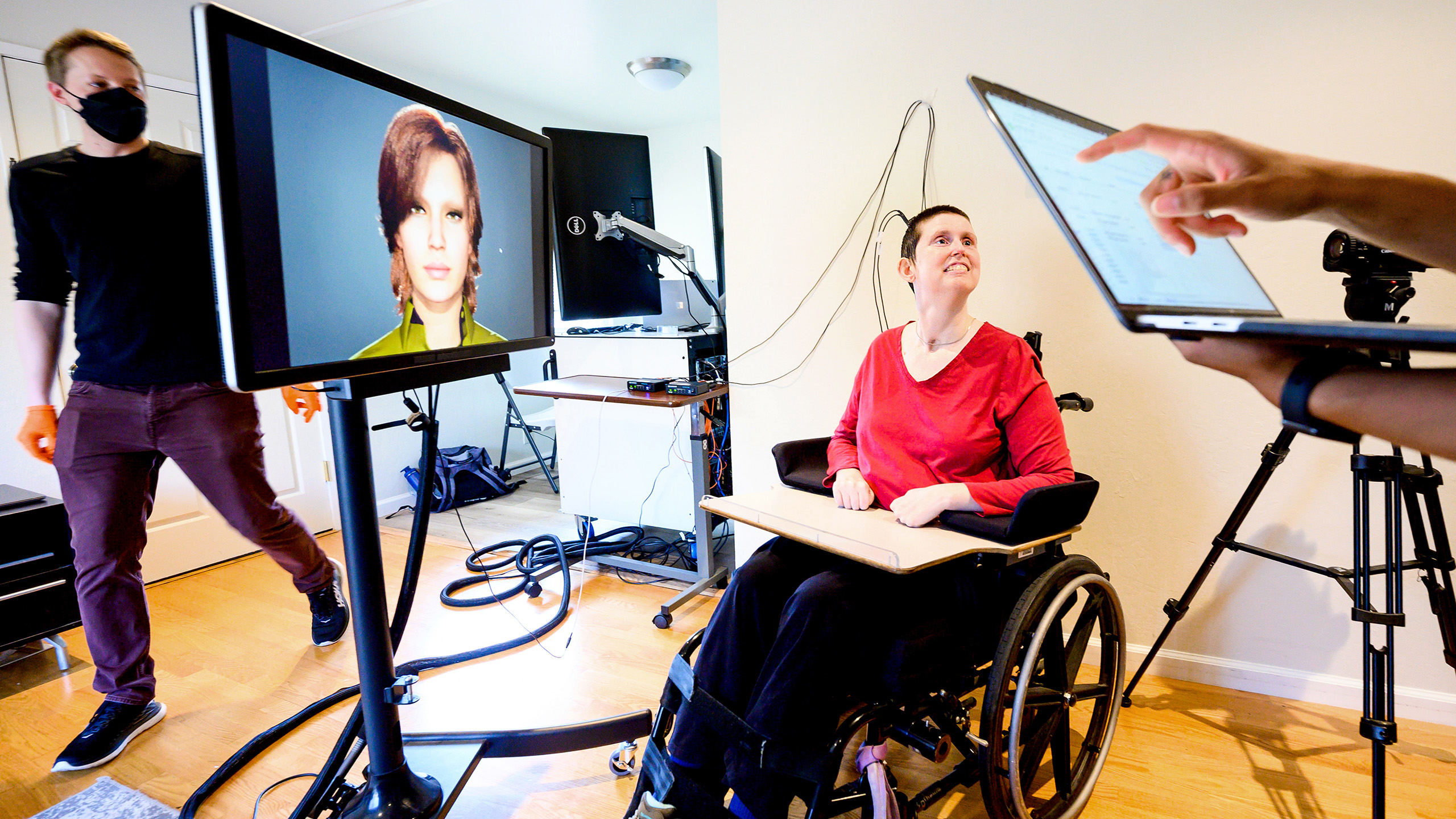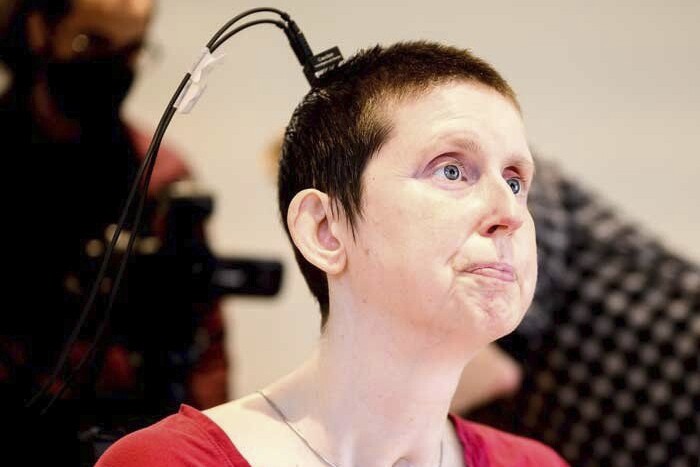Speech lost to a stroke nearly two decades ago has been restored for one woman—thanks to a revolutionary brain-computer interface. Ann Johnson, 47, is now able to communicate in real time after researchers successfully linked her brain signals to a system that translates thoughts into synthesised speech. This cutting-edge breakthrough offers a powerful glimpse into the future of assistive neurotechnology for individuals with profound speech impairments.

Innovative Brain-Computer Interface Technology
Developed by researchers from the University of California, Berkeley, and San Francisco, the BCI system involves implanting electrodes in the sensorimotor cortex—an area of the brain associated with planning and executing movements related to speech. These electrodes detect neural signals as the patient attempts to speak, which are then decoded by advanced artificial intelligence algorithms. The decoded signals are transformed into text and subsequently converted into synthesized speech that closely resembles the patient’s natural voice.
Real-Time Speech Restoration
One of the most significant advancements of this technology is its ability to process and produce speech in real time. By analyzing brain activity in 80-millisecond increments, the system enables fluid and dynamic conversation, a substantial improvement over previous methods that often involved frustrating delays.

Emotional Impact and Future Prospects
For Ann Johnson, hearing a voice similar to her own after 18 years was profoundly moving, marking a pivotal moment in her journey toward reclaiming her ability to communicate. While the technology is still in the experimental stage and requires further refinement, it holds immense promise for enhancing the quality of life for individuals with conditions such as amyotrophic lateral sclerosis (ALS) or those who have suffered strokes.
This development represents a significant step forward in neurotechnology, potentially restoring not only communication abilities but also aspects of identity and independence for those affected by severe speech impairments.

